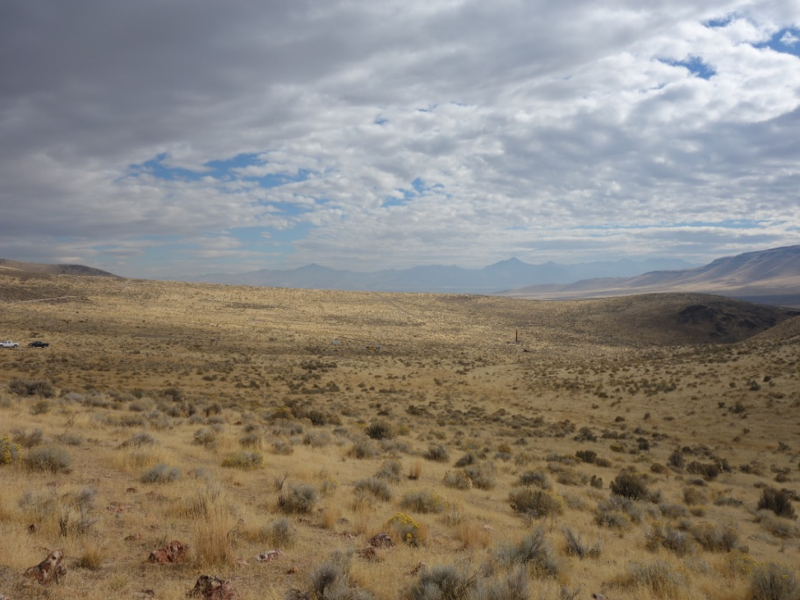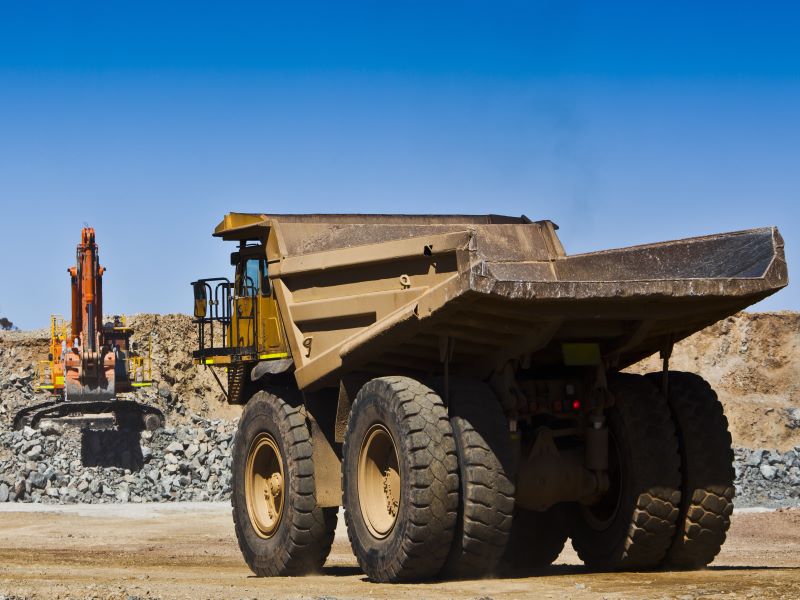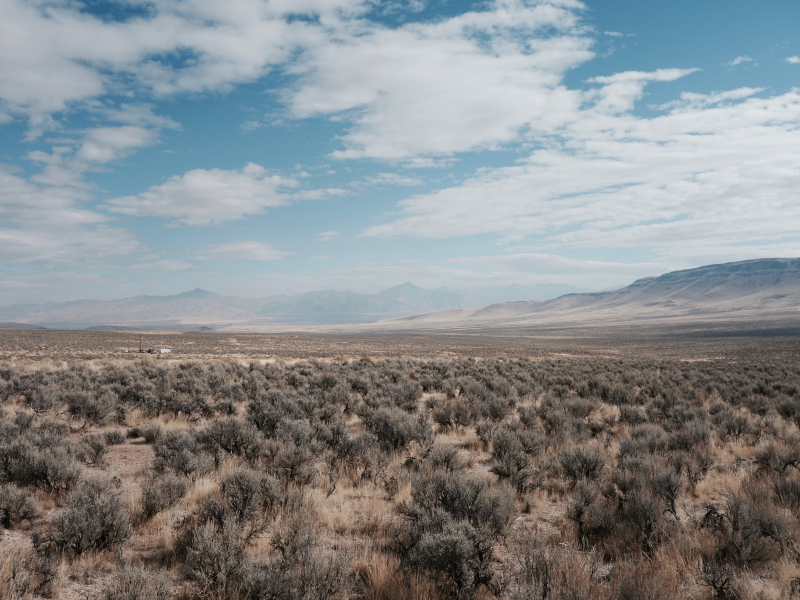The Thacker Pass lithium project is an open-pit mine being developed in Humboldt County, Nevada, US, by Lithium Americas, a Canada-based lithium development company. It is claimed to be the largest known lithium resource in the US.
It will have a production capacity of 40,000 tonnes per annum (tpa) in Phase I and a production capacity of 80,000tpa in the second phase.
The final environmental impact statement (EIS) for the project was filed in December 2020 while a record of decision (ROD) from the US Bureau of Land Management was received in January 2021.
The feasibility study (FS) for the project was completed in November 2022. It confirmed a two-phase development with a mine life of 40 years.
The construction works of the project commenced in March 2023. Phase I of the project is estimated to involve a capital investment of $2.93bn, with production anticipated to commence in 2027.
Thacker Pass lithium project location
The Thacker Pass lithium project is located approximately 100km north-northwest of Winnemucca and 33km west-northwest of Orovada, Nevada.
The mine spans an area of approximately 4,236ha.
Geology and mineralisation details of Thacker Pass project
The mine is located within the extinct, 30km × 45km McDermitt Caldera supervolcano. This volcanic field is part of a southeastward-propagating volcanic trend that extends from Steens Mountain into north-central Nevada.
Alluvium with an average thickness of approximately 5m caps the lithium-rich clays within the deposit. The underlying sedimentation is an intra-caldera rhyolite tuff while basaltic lavas and ash layers are intercalated with the lacustrine sediments at irregular intervals.
The mineralisation at the upper clay horizons is majorly composed of smectite-type clay while illite-type clay dominates the deeper horizons.
Reserves at Thacker Pass
The Thacker Pass project is estimated to contain proven and probable mineral reserves of approximately 217.3 million tonnes (mt) of lithium carbonate equivalent (LCE) grading 3,160 parts per million (ppm) of lithium, as of November 2022.
Mining methods at Thacker Pass lithium project
The Thacker Pass operations will employ open-pit mining using a modified panel mining method with excavators and surface miners.
The pit design features a shallow pit with a maximum pit depth of 120m, which will be mined in blocks with 5m-long benches at a strip ratio of 1.6:1. Mining will be implemented in a sequential manner with one block mined at a time while the previously mined area will be backfilled. It will have a bench width of 50m and a height of 5m.
The mining fleet consisting of 91t class end dump trucks loaded by two 18t class hydraulic excavators in five passes was selected.
Ore processing details at Thacker Pass project
The run-of-mine (ROM) ore will be transferred to a toothed roll crusher and mixed with filter wash solution in attrition scrubbers to remove clay. The ore slurry will be transferred to the leaching circuit where stirred reactors will leach the slurry to produce a lithium brine by filtration.
The processing plant will separate lithium from the remaining salts such as magnesium, potassium and sodium in the brine. The lithium brine will undergo crystallisation of magnesium sulphate, followed by the removal of residual magnesium by adding quicklime.
Lithium from the brine will be precipitated as a carbonate solid with the addition of soda ash. Magnesium sulphate is removed from the lithium brine by a magnesium sulphate evaporator and crystalliser.
The purified lithium brine will be transferred to a lithium carbonate precipitation circuit to produce lithium carbonate solids, which will be filtered and washed with water. The resulting purified lithium carbonate will be dried before it is packaged for shipment to customers.
Site infrastructure at Thacker Pass site
The Thacker Pass lithium project is connected to State Route (SR) 293 highway via an asphalt paved access road.
The raw water supply will be from a series of wells in the Quinn River Valley using electrical submersible well pumps to pump water to a surface pump station. Two booster pump stations will pump the water to the processing facility through a 12km-long pipeline. The raw water will also be treated to produce potable water that will be stored on-site.
The power supply required for the operations is envisaged to be supplied from the Harney Electric grid using a 115kV transmission line that runs directly through the site.
Project financing details
Lithium Americas received a conditional commitment from the US Department of Energy (DOE) for a loan of $2.26bn under the Advanced Technology Vehicles Manufacturing (ATVM) Loan Program in March 2024.
The loan, together with a strategic investment from General Motors Holdings (GM), is expected to provide most of the capital required to fund Phase I.
Contractors involved
The PFS was prepared by Advisian Americas, a division of Australian engineering company Worley. Advisian provided the design of the mine, processing plant, and project infrastructure.
Market expert Global Lithium was selected to conduct a market study and price projection for lithium carbonate for the project. Chemetics provided the design of the sulphuric acid plant and the associated infrastructure. Other contractors that supported the PFS include Great Basin Environmental Services and Mining-Plus.
Sawtooth Mining, a subsidiary of mining and natural resources company The North American Coal, was appointed as contract miner for the Thacker Pass project in September 2019. The company is responsible for mine engineering, construction, operation, and reclamation services as well as the supply of certain equipment.
US-based construction services company The Industrial Company (TIC) was awarded the design and build contract. It is responsible for the overall cost estimate in the definitive feasibility study, as well as the engineering design of the plant, water supply and electrical infrastructure, and general site works.




